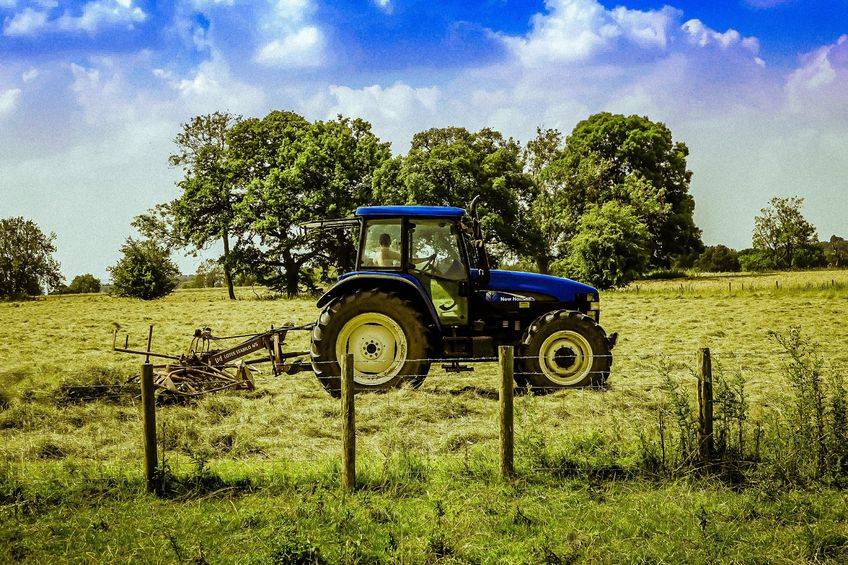
The Scottish Land Commission has called for a new framework to open up the farm letting sector again and promote farming as a viable option for the next generation.
Its new discussion paper is aimed at stimulating debate about making more of Scotland’s land.
The framework needs to include both simpler tenancy law and a more commercial, business-minded and flexible approach to unlock more land for farm lettings.
In the paper, the author Jeremy Moody, maps the decline in the tenanted farming sector over the past century and the current, complex environment of different and sometimes overlapping, rules.
He assesses the past and current issues facing landlords and tenants, including the perception among landlords that land letting is ‘high risk and low return’ and considers wider questions around the political climate and future changes in the context of Brexit.
The paper puts forward a number of proposals including a new income tax relief as an innovative way of addressing increasing land availability.
This tax-based approach, seems likely to release more land; evidence from the Republic of Ireland suggests a significant increase in lettings there, following the adoption of a similar relief in 2015.
'Drive innovation'
The paper’s author argues that letting is declining in Scotland despite a strong demand for access to land from new entrants and existing farmers needing to expand or improve the viability of their enterprises.
The Land Commission’s Tenant Farming Commissioner, Bob McIntosh, said: “For a thriving tenant farming sector there needs to be a steady flow of new entrants to drive innovation and best practice, improve efficiencies and contribute towards the economic vitality of the sector.
“The different approaches need to be considered alongside the work we’re doing on the current succession and retirement options for farmers and landowners.”
Speaking about his paper, Jeremy Moody said that promoting a positive attitude among both tenant farmers and landowners “depends on good quality relationships, with sympathy between the parties and positive approach by advisers. The approach should be to see that a good relationship for farming land should be mutually beneficial.”
'Build confidence'
Sarah Jane Laing, director of Scottish Land & Estates, said the report captured the need to build confidence in the let sector, and to explore other business routes into farming.
Ms Laing said: “If Scotland values a thriving let sector – and we support that aim - then a system needs to evolve where more flexible arrangements are available to both landlord and tenant.
“This does not mean the end of existing tenancies but looking ahead, simpler and more flexible arrangements are something that all with the interests of agriculture at heart should consider seriously.
“This report encourages us all to have a fresh look at how things are done. We welcome Mr Moody’s view that in addition to the often complex law that already exists there should be serious consideration given to soft policy options that can help take the sector forward – not everything has to be done through legislation and regulation.
She added: “We hope that the industry embraces the opportunity to feed back on this discussion paper and that this report will influence future thinking which will be given due consideration by Ministers and parliamentarians.”
